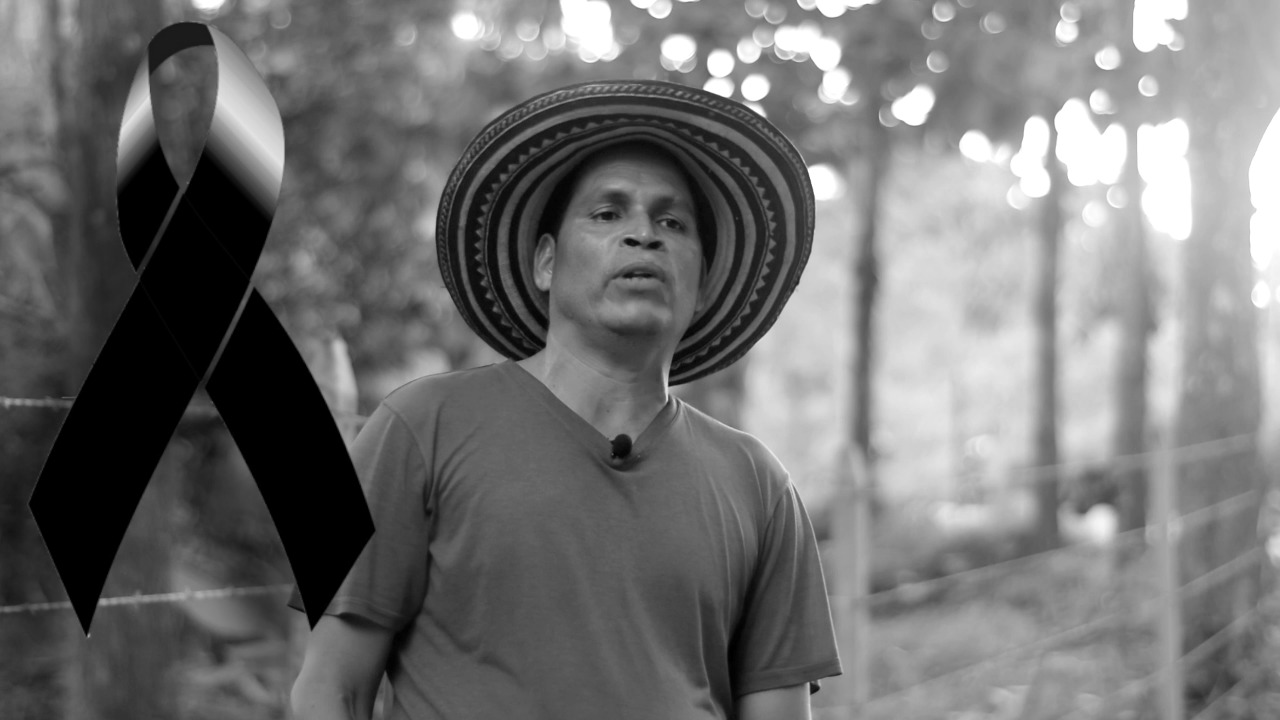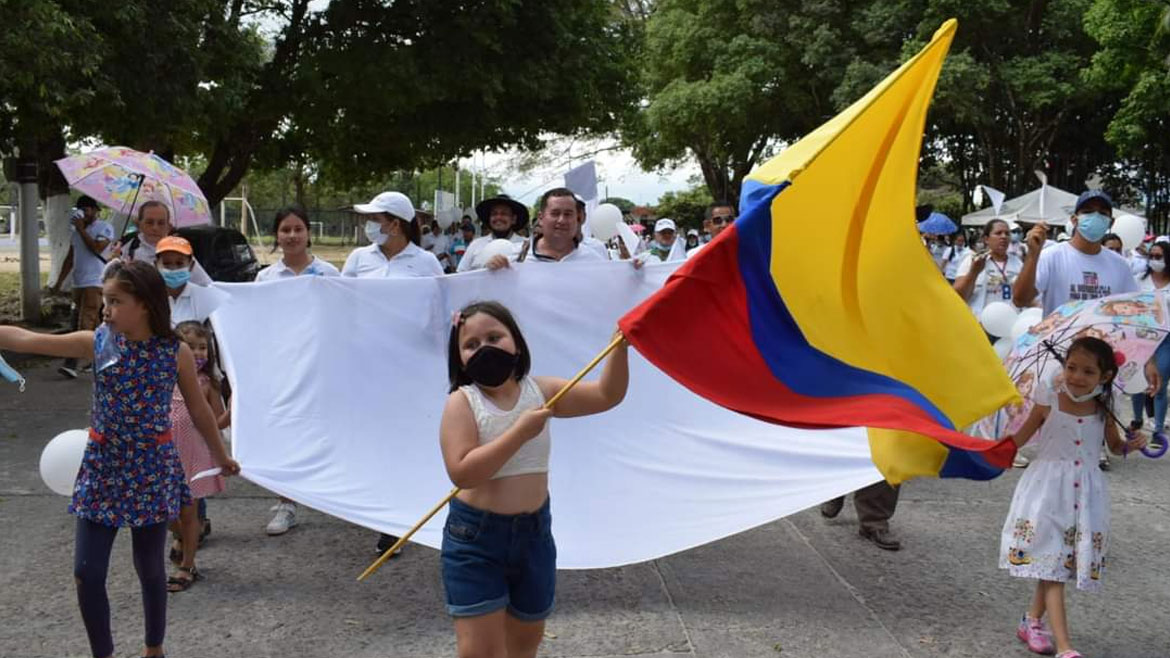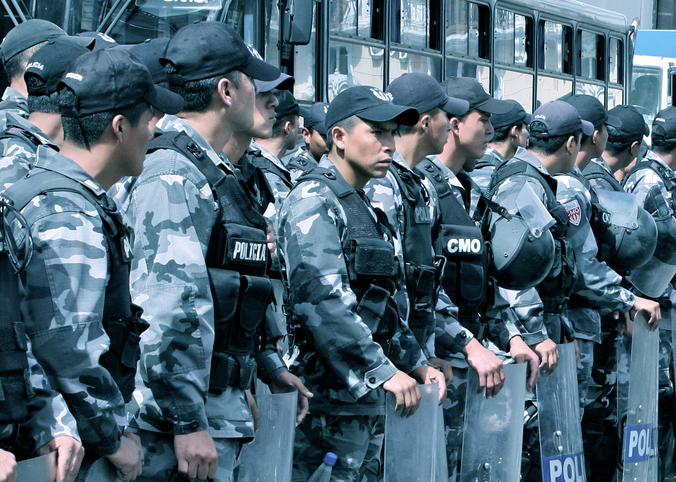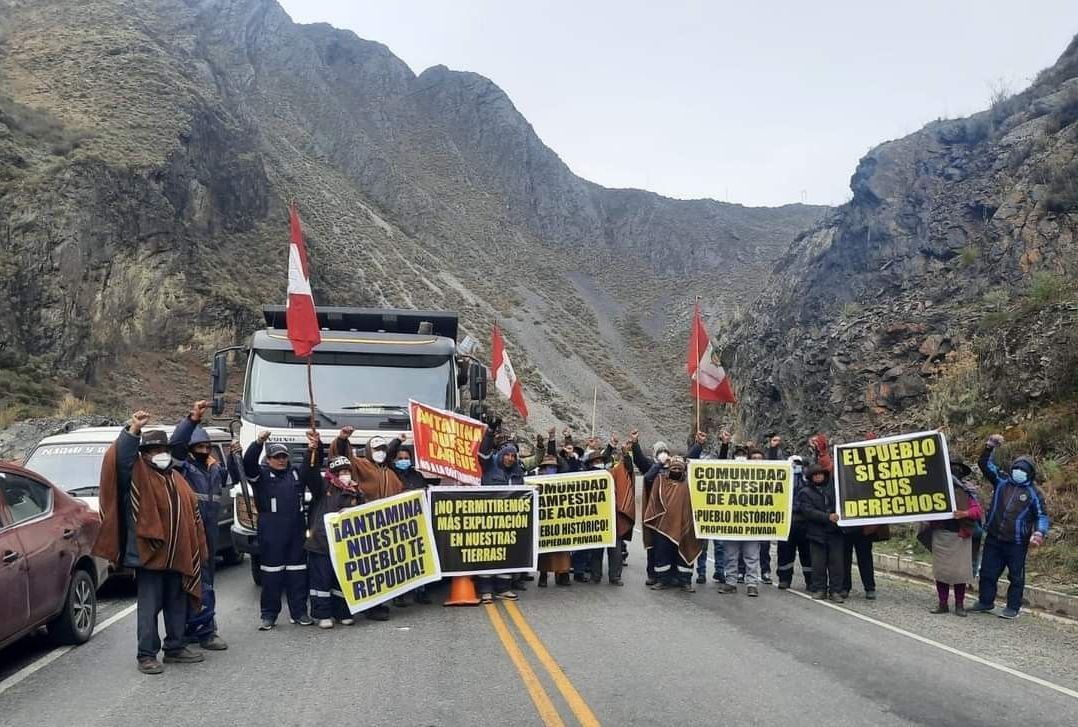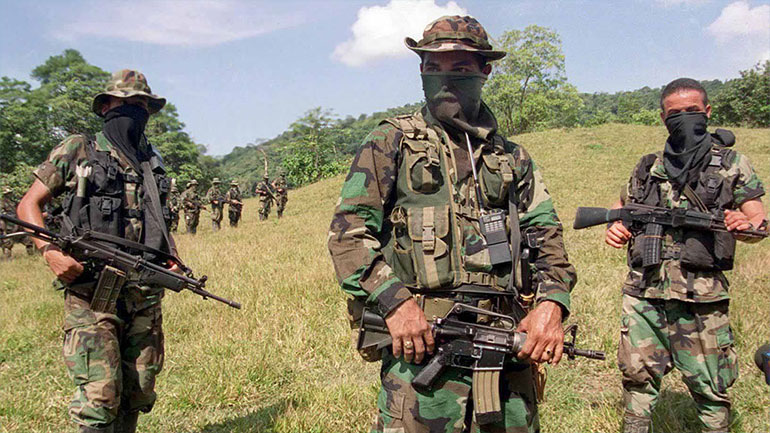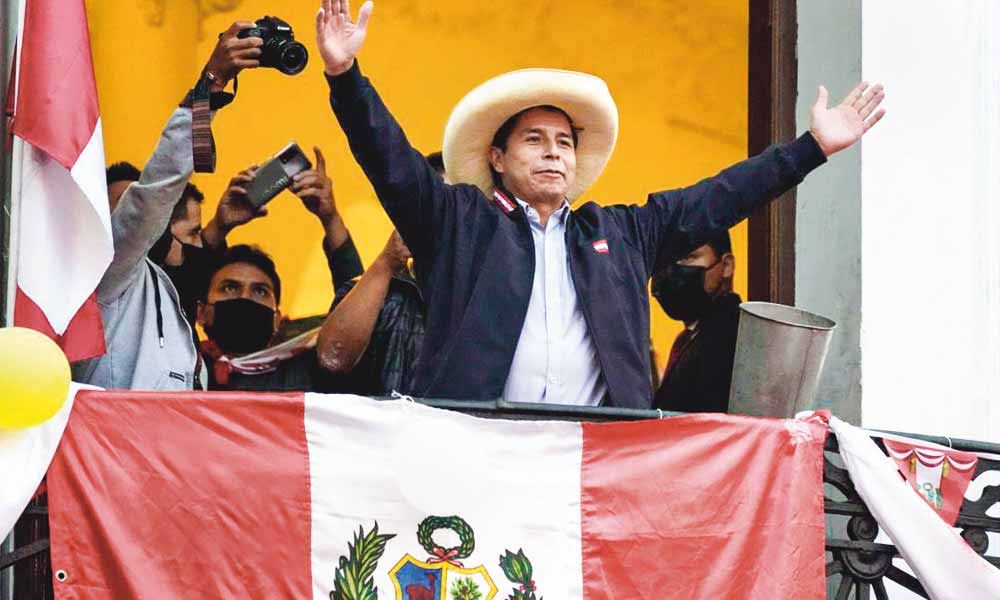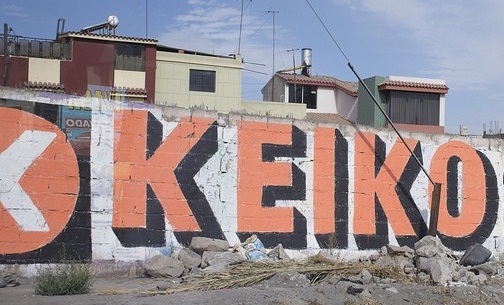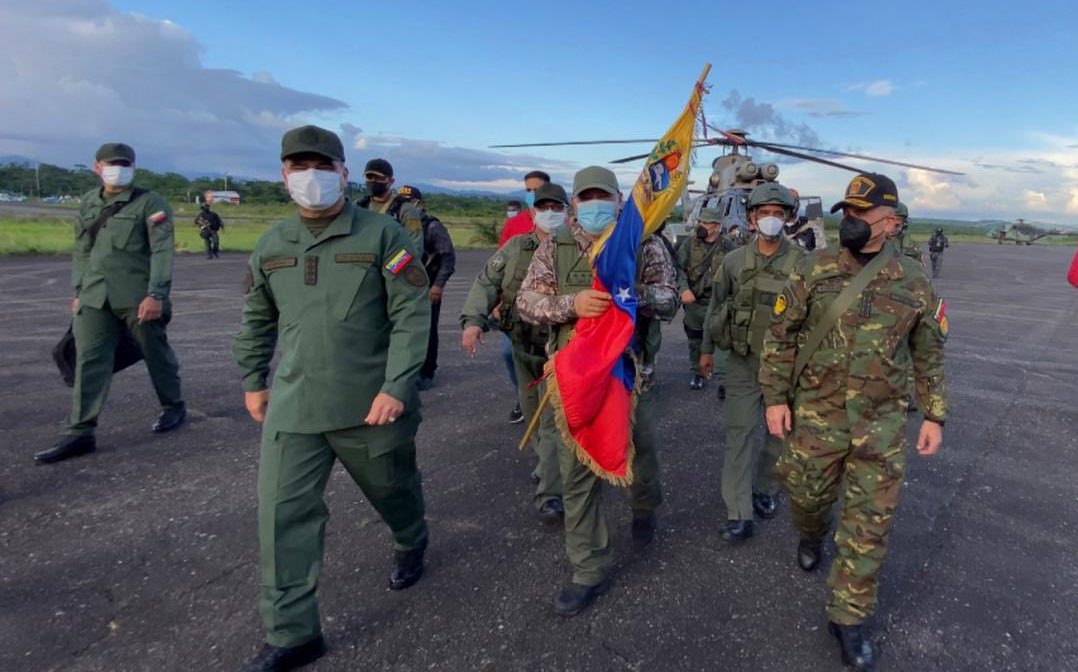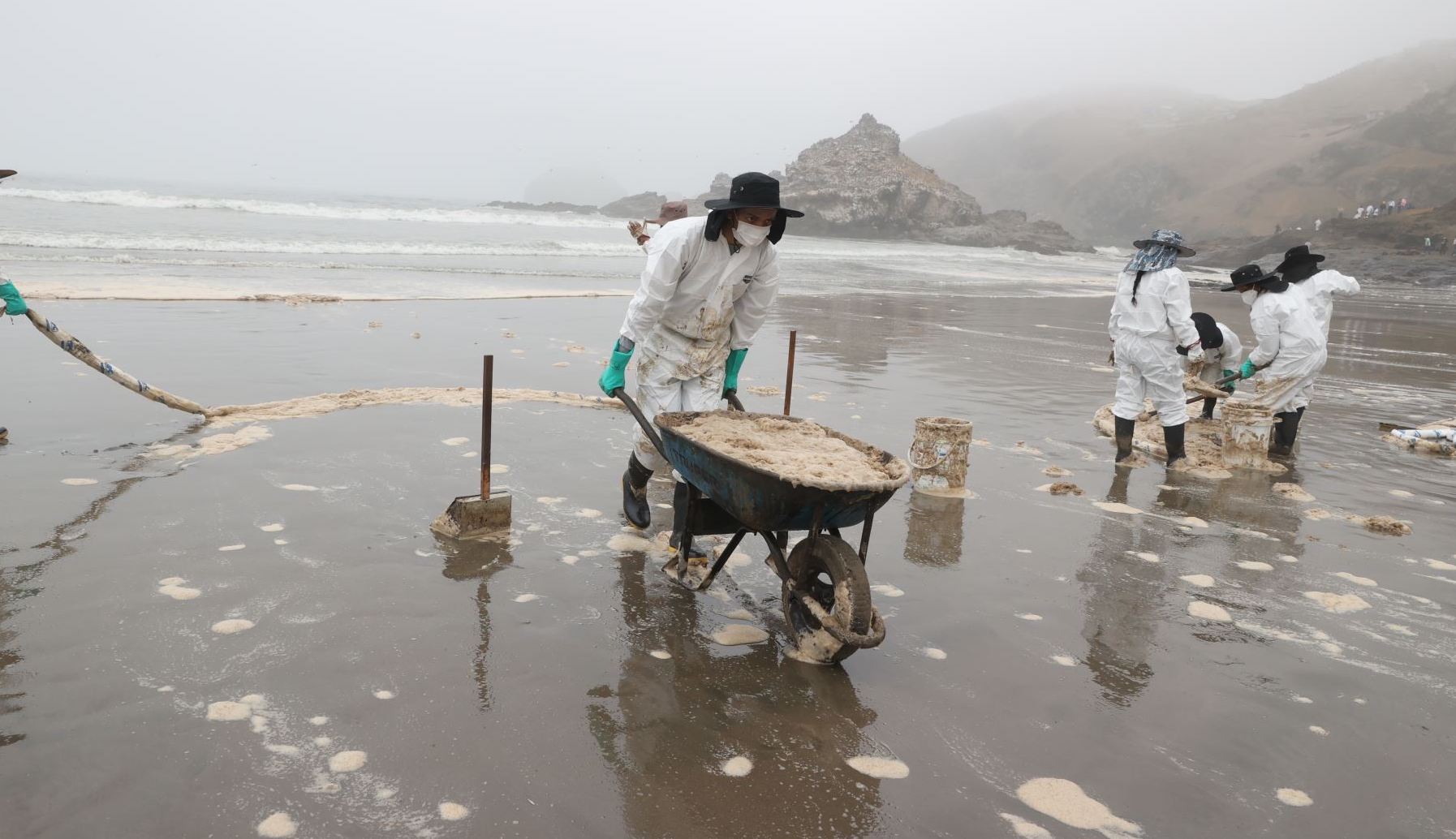
Peru demands Repsol pay in coastal oil spill
Peru’s authorities declared an environmental emergency after announcing that 21 beaches around the Lima area were contaminated by an oil spill at a refinery run by Spanish multinational Repsol, calling it the “worst ecological disaster” in the city’s history. The Environmental Evaluation & Control Organism (OEFA) estimated some 6,000 barrels of crude had spilled—dramatically above the mere seven gallons that Repsol had initially reported to authorities when the disaster occurred days earlier. Some 1,740,000 square meters of coastline and 1,1187,000 square meters of sea have been covered in sludge that has blackened beaches and killed marine life. Peru is demanding compensation from Repsol, accusing the company of trying to cover up the scale of the disaster and not having a contingency plan in place. (Photo: Andina)



